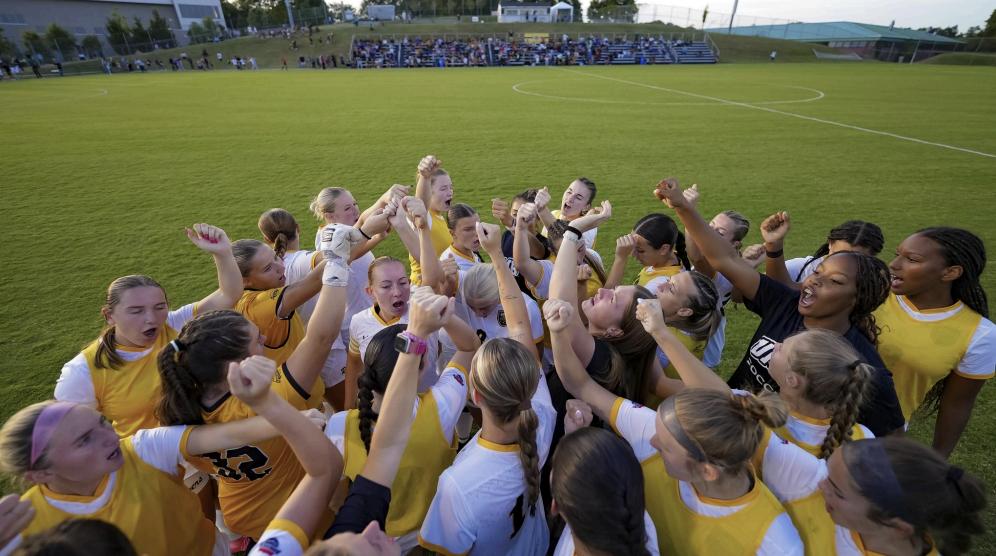COVID-19’s novel nature has left many wondering whether those who have been vaccinated can still spread the virus. But as Department of Emergency Health Services professor and senior advisor on Public Health and Pandemic Response Dr. Lucy Wilson explains, even if a UMBC community member is vaccinated, they must still follow UMBC’s COVID-19 policies.
“Vaccines prevent symptomatic infection and serious infection. The original studies on the vaccines were not designed to show if asymptomatic infection could occur, or if transmission could occur between people who are vaccinated,” she said.
As a result, UMBC is urging students to remain diligent with symptom tracking, required testing and other public health guidelines like mask-wearing and social distancing.
According to UMBC Police Chief Paul Dillon, head of the university’s Contact Response Team, “vaccinations will not keep people from needing to symptom track, to physically distance, to wear a mask and to test.”
Citing a call with the Maryland Department of Health, Dillon echoed Wilson in explaining that the vaccine is meant to speed up recovery and lessen symptom severity, all with the goal of reducing hospitalizations.
Wilson described the vaccine as a “double-edged sword” because so much is still unknown about COVID transmission by vaccinated populations and because new vaccines and treatments might favor a variant—a strain of a virus that expresses spontaneous mutations, or changes, in its binding sites. This impacts how infectious it is, though it does not imply how deadly the virus is. Wilson explained that booster shots by companies like Moderna are meant to target mutations like the United Kingdom and South Africa variants.
The bottom line for UMBC community members? Keep following public health guidelines, even if you have been vaccinated.
“It’s a tough message. If you get the vaccine, you are protected from getting very, very sick,” said Wilson. “We cannot tell whether or not you can still get it and pass it on.”
Sophomore psychology major Calla Derr, a healthcare worker currently living on campus and who has already received the first dose of the vaccine, said that she will remain compliant with UMBC’s guidelines.
“Symptom tracking is an efficient way to keep the campus in check. If everybody is filling it out everyday, we are going to know who is sick and not sick,” said Derr. “I can’t get symptoms, but I can get COVID, so I still fill it out.”
Junior biology major Becca Roeder, also a healthcare worker, will be receiving the second dose in mid-February.
“I don’t think there will be a period of time when COVID is definitively over, where it’s really safe for everybody to go out,” said Roeder. “I think that eventually, everybody will have to get exposed. I think [UMBC] will relax guidelines after this year. If not for health, then for money.”
Vice President of Student Affairs, Dr. Nancy Young, said that in the future, the university might create a system where everyone who has been vaccinated will receive some type of verification card. Young stated that UMBC awaits advice from the University System of Maryland on vaccination “if and when” it becomes widely available in the fall. In addition to USM, UMBC’s vaccination availability will be determined by the federal, state and county governments.
“County health departments are really the folks that give us direction for the most part. We take our direction from the Baltimore County Health Department, which means we collaborate a lot with Towson, with a lot of schools that are in our county so that we are working together,” explained Young. “At the same time, USM is working with the state health department.”
Whether or not UMBC becomes a vaccination site also depends on Baltimore County’s guidance, as well as vaccine availability. Young explained that currently the county is using state fairgrounds, and Baltimore City is using the convention center. The registry is currently open, and eligible community members are encouraged to get in line for an appointment.
According to The Baltimore Sun, the state of Maryland will need 2-3 million doses to fully vaccinate its population. 500,000 vaccines have been allocated so far, with 72 percent of those already distributed. It may take five to eight months to fully vaccinate every Marylander in the Phase I category.
To learn how to sign up for a COVID-19 vaccine in Maryland, check this link.
